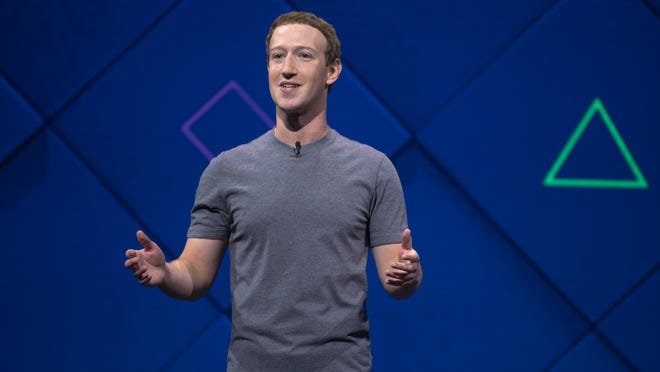
Facebook memos red-flagged surge in anti-minority posts ahead of 2019 LS polls

There was a substantial increase in “anti-minority” and “anti-Muslim” rhetoric on Facebook ahead of the 2019 Lok Sabha elections, which were won by the BJP. This was red-flagged in internal Facebook reports over the last two years – reports that are part of documents disclosed to the United States Securities and Exchange Commission and provided to the US Congress in redacted form by the legal counsel of ex-Facebook employee and whistleblower Frances Haugen.
The redacted versions of the reports have been reviewed by a consortium of global news organisations.
According to an article in The Indian Express, a July 2020 internal Facebook report noted a marked rise in “anti-minority” posts in the 18 months preceding the 2019 polls, and observed that the sentiment was “likely to feature” in the coming Assembly elections, including in West Bengal.
“The increase in hate speech and inflammatory content was mostly centred around ‘themes’ of threats of violence, COVID-related misinformation involving minority groups, and ‘false’ reports of Muslims engaging in communal violence,” the article said.
One internal report of 2021 prior to the Assam Assembly elections, pointed to now state chief minister Himanta Biswa Sarma as being party to circulating inflammatory rumours about “Muslims pursuing biological attacks against Assamese people by using chemical fertilizers to produce liver, kidney and heart disease in Assamese.”
Another internal Facebook report, titled “Communal Conflict in India”, noted that inflammatory content in English, Bengali, and Hindi spiked numerous times and especially in December 2019 and March 2020, coinciding with the protests against the Citizenship Amendment Act and start of lockdowns enforced to prevent the spread of COVID, The Indian Express report said.
The documents also revealed a palpable clash between two internal Facebook teams – those flagging problematic content and those designing algorithms to push content on the newsfeed.
Also read: Facebook to shut face-recognition system, delete data
One internal report of 2021, titled “India Harmful Networks”, said groups claiming to be affiliated with the Trinamool Congress engaged in coordinated posting of instructions via large messenger groups and then posted these messages across multiple similar groups in an attempt to boost the audience for content which was “often inflammatory,” but “usually non-violating”. Posts from RSS and BJP-affiliated groups on Facebook carried a high volume of “love jihad” content with hashtags “linked to publicly-visible Islamophobic content”.
The cache of documents shows that not only was Facebook aware of how the platform was being used and the nature of content being posted on it, but also knew the impact of posts shared by politicians.
In one internal document titled “Effects of Politician Shared Misinformation”, examples from India figured as “high-risk misinformation” shared by politicians which led to a “societal impact” of “out-of-context video stirring up anti-Pakistan and anti-Muslim sentiment”.
Significantly, all reports placed India in the At-Risk Countries category, where the risk of societal violence from social media posts is more compared to other countries.
Also read: ‘Despite staff alerts, Facebook ignored hate content in India during polls’


